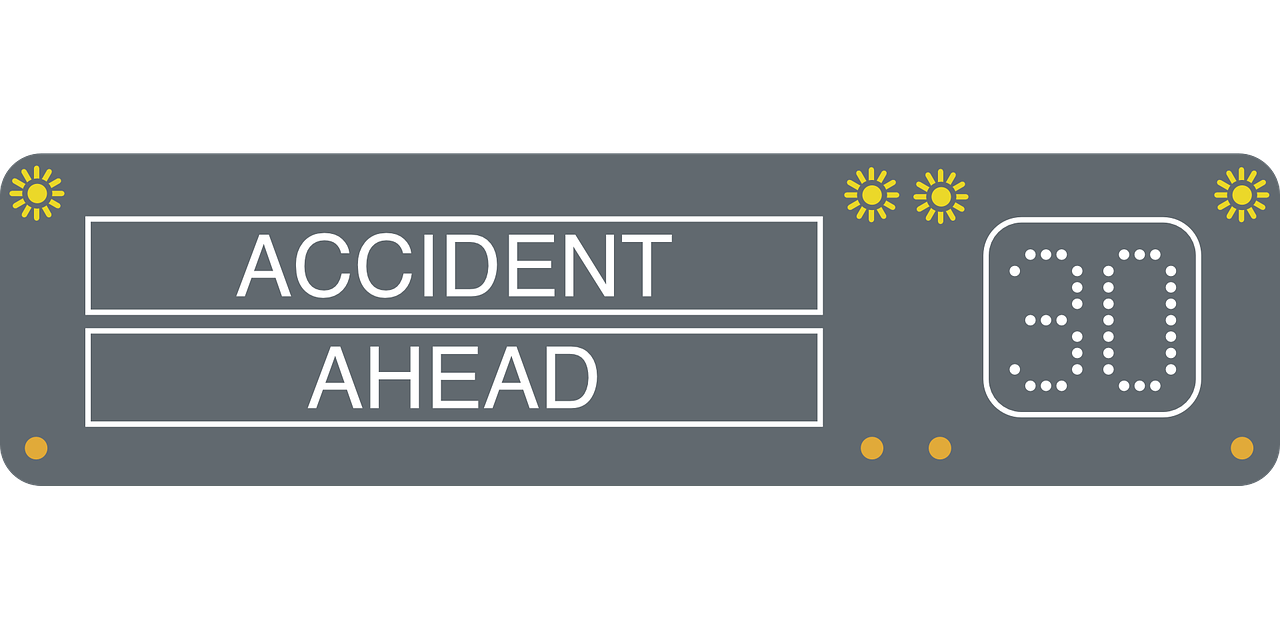 1. Make sure you (and all others in the vehicle) are okay: You may not realize you’re hurt because you may be in shock. Take a minute to determine if you feel any discomfort, dizziness, nausea, or pain. Call an ambulance if needed and never attempt to drive if you’re dizzy or otherwise concerned.
1. Make sure you (and all others in the vehicle) are okay: You may not realize you’re hurt because you may be in shock. Take a minute to determine if you feel any discomfort, dizziness, nausea, or pain. Call an ambulance if needed and never attempt to drive if you’re dizzy or otherwise concerned.
2. You may be able to use your cell phone to assist with the following:
-
Get the other driver’s information: Driver’s license number, plate number, and personal description. Note the time and place of the accident and if the other driver admits fault. If it was a hit and run, call the police then consult a lawyer as soon as
possible.
 Take pictures: Important shots are the resting position of the vehicles, the damage to your vehicle, and the inside of your vehicle. Pictures of the accident scene can go a long way in establishing severity and who’s
Take pictures: Important shots are the resting position of the vehicles, the damage to your vehicle, and the inside of your vehicle. Pictures of the accident scene can go a long way in establishing severity and who’s
at fault.
Are there witnesses? Witnesses can be crucial for determining what happened and who’s at fault. Ensure that you obtain their names and contact information, including their licence plate number.
 3. Go to the doctor: It’s common for accident victims to wake up the next day in pain. If you can’t get in to see your doctor, try to attend a walk-in clinic or if necessary, go to the hospital. Vocalize all injuries and symptoms to your doctor, follow recommendations, and continue to follow up. ICBC, in its efforts to reduce the damages victims are entitled to, loves to argue that an injured party has failed to complain to doctors or follow medical advice.
3. Go to the doctor: It’s common for accident victims to wake up the next day in pain. If you can’t get in to see your doctor, try to attend a walk-in clinic or if necessary, go to the hospital. Vocalize all injuries and symptoms to your doctor, follow recommendations, and continue to follow up. ICBC, in its efforts to reduce the damages victims are entitled to, loves to argue that an injured party has failed to complain to doctors or follow medical advice.
 4. Report the accident: You are required to report the accident to ICBC. Make sure to contact them through dial-a-claim either the day of the accident or shortly thereafter.
4. Report the accident: You are required to report the accident to ICBC. Make sure to contact them through dial-a-claim either the day of the accident or shortly thereafter.
Before you go in and give a written statement, you have the right to discuss your accident with a lawyer. ICBC may discourage you from seeing a lawyer, but ask yourself why. Einfeld Law is here to assist you and answer any questions. Our obligation is to inform you of your rights. Remember, don’t settle for less than what you deserve.

Comments are closed